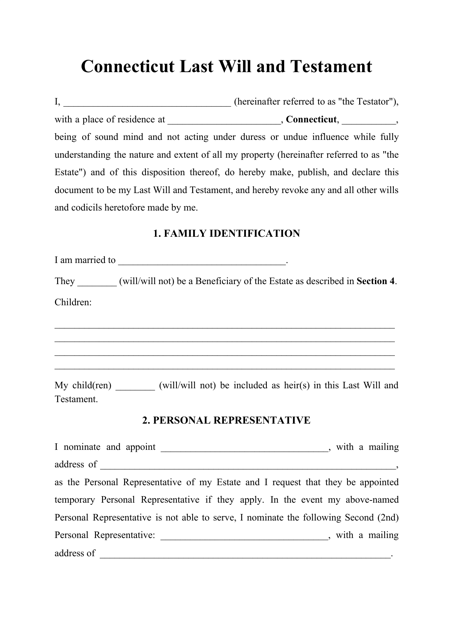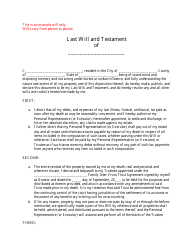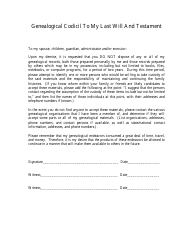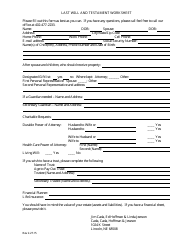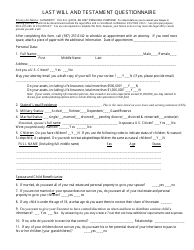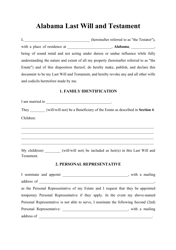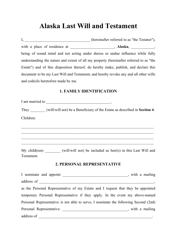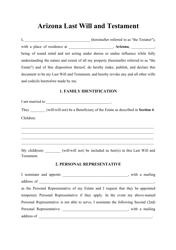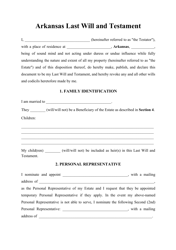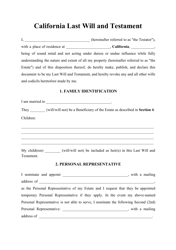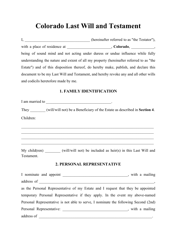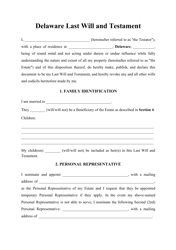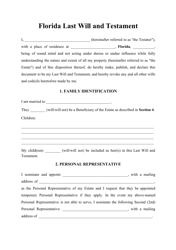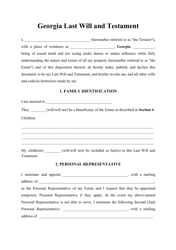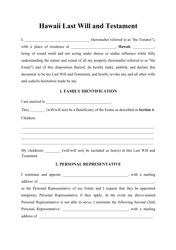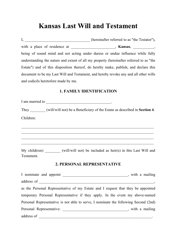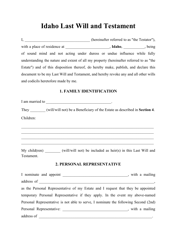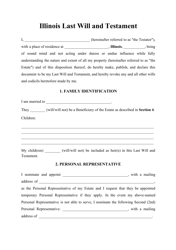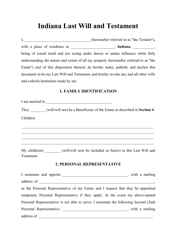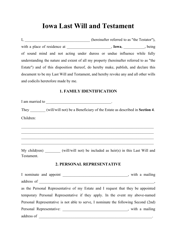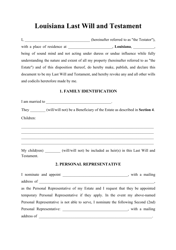Last Will and Testament Template - Connecticut
A Connecticut Last Will and Testament is an important tool for any individual who wants to control how their assets will be distributed after they pass away. When writing a will the individual - also referred to as the Testator - can leave important instructions regarding inheritance, guardianship over children and pets, charitable donations and the distribution of valuables and family heirlooms.
The Last Will, available for download below, is a must if the individual has specific beneficiaries in mind and does not want their property to go to the state, has no living relatives or has minor children that will need to be taken care of in the event of the Testator's death.
The Connecticut Last Will is defined by § 45a-233 and regulated by Chapter 802a - Wills: Execution and Construction .
Click this link to create your own form with our customizable template.
What Is a Last Will and Testament in Connecticut?
A Last Will and Testament is a legal document that is written by a Testator to ensure that their estate will be distributed according to their wishes after their death. A Testator has to comply with certain requirements in order to be able to create a will.
- Age. A person must be over the age of 18 or an emancipated minor to legally be able to make a will.
- Testamentary capacity. A Testator must be of sound mind when composing their will. Having testamentary capacity means that the Testator has an understanding of what they are signing and are aware of the general nature and amount of property they own.
- Witnesses. All Last Wills must be signed and certified by a notary. Most states also require a legal will to be witnessed by least two people present during the signing of the document.
How to Write a Last Will and Testament in Connecticut?
A Last Will and Testament in Connecticut is usually made up of instructions regarding:
- Burial requests;
- Debts and expenses;
- Personal property;
- Cash, bank accounts, investments;
- Digital assets.
Not all assets the Testator owns can be distributed according to their will. The only property the Testator may bequeath is solely-owned property titled at their name at the time of death. Any property owned by the Testator's spouse or partner will also not be affected by the provisions of a will.
